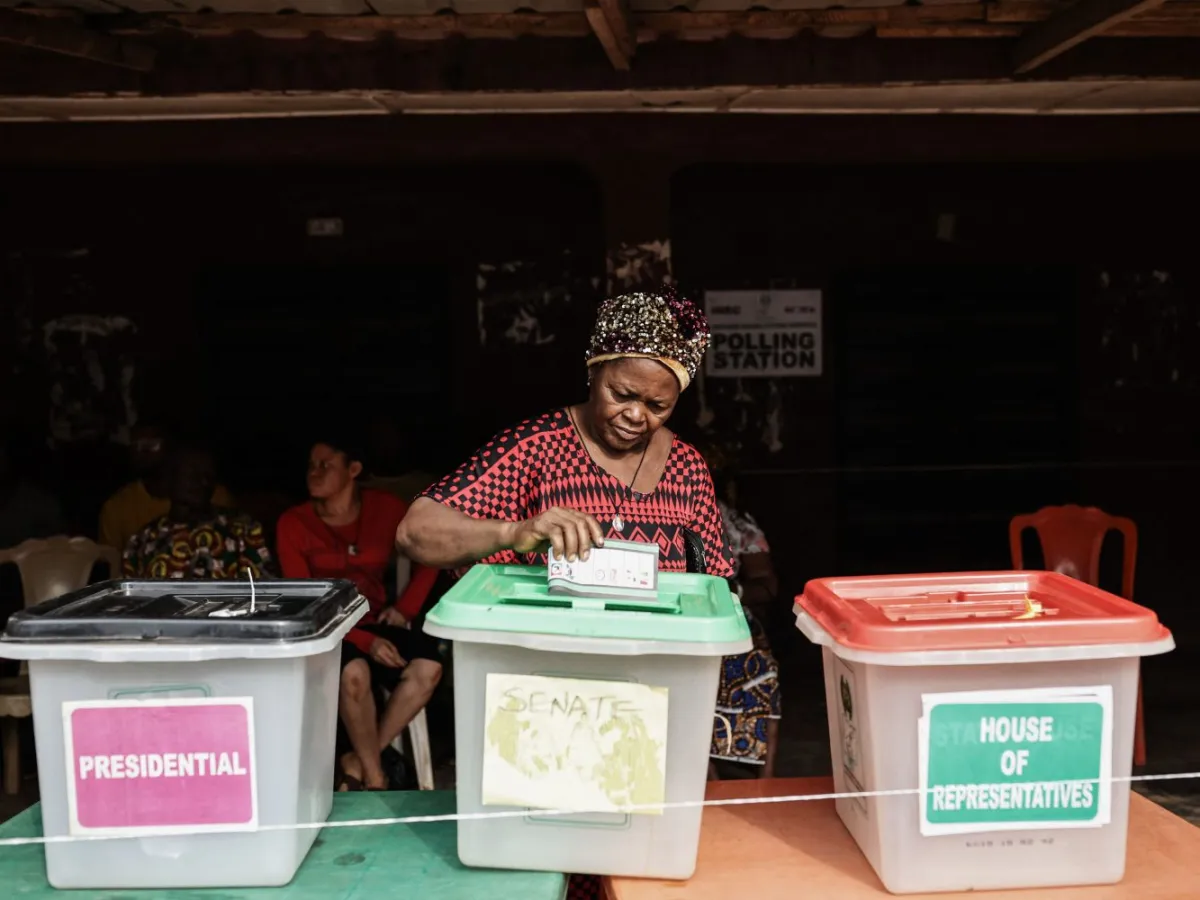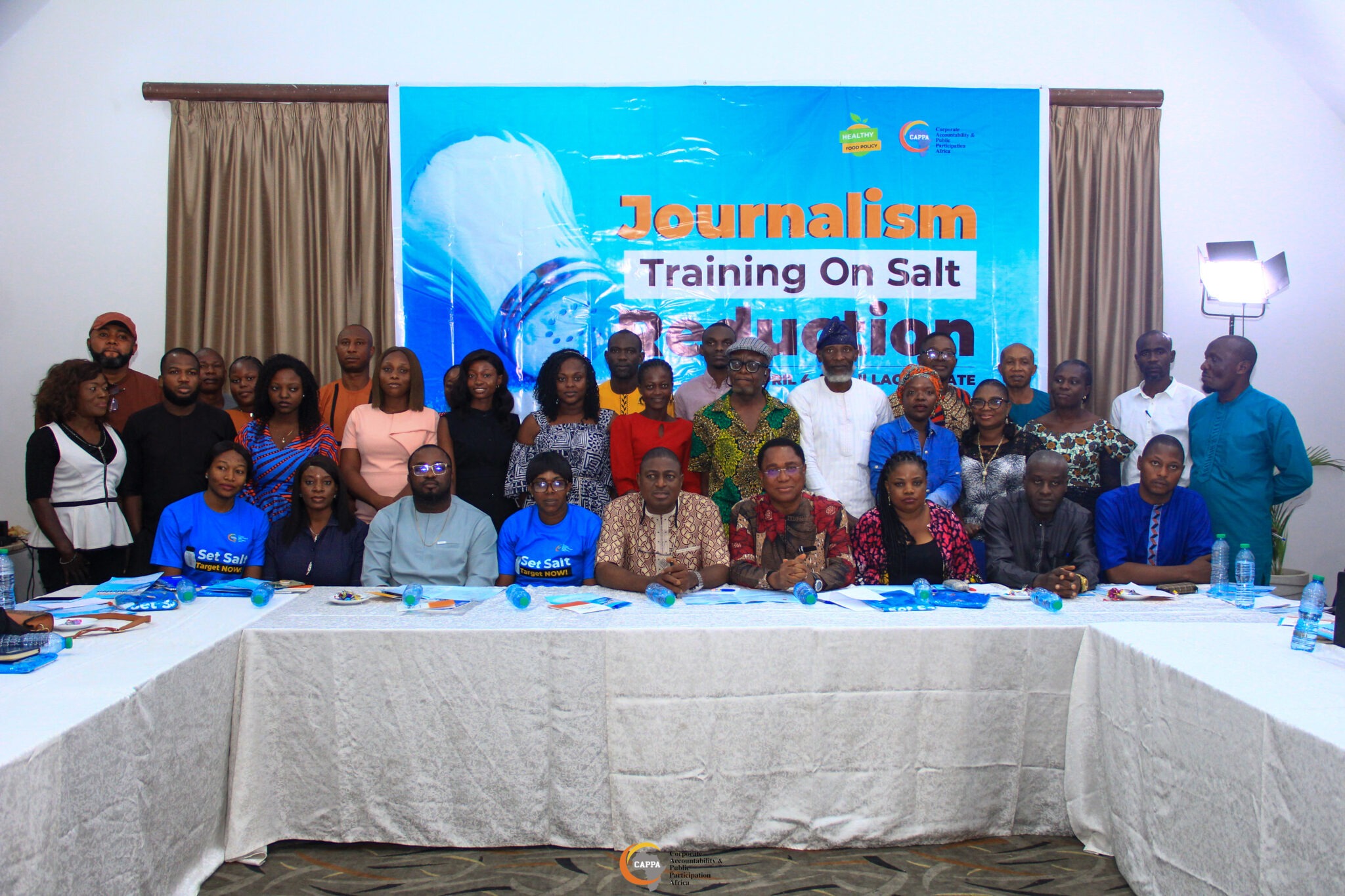The World Bank’s Global Director for Climate Change, Jennifer Sara, has said that the World Bank is indifferent about ownership of the water supply infrastructure in any country it deals with as long as it is clean, safe and delivered “at an affordable price.”
She said this while interacting with journalists at an interview session on the sidelines of the United Nations Climate Change Conference (COP27) in Sharm El Sheikh, Egypt.
Sara was responding to a question about whether the World Bank has a hand in the recurring Water Resources Bill currently before the National Assembly.
The bill among other provisions seeks to privatise water. The bill has passed first reading at the House of Representatives.
The bill has been introduced three times in five years: in 2017, 2020 and in 2022.
The latest introduction was done by Honourable Sada Soli, a member of the House of Representatives from Katsina State.
On July 26, 2022 the Nigerian Governors Forum in a statement signed by Governor Kayode Fayemi of Ekiti stated that the re-introduced bill “does not adequately address the interests of the states and is inconsistent with the provisions of the Constitution of the Federal Republic of Nigeria.”
Nigerian civil society members and unions have alleged that World Bank is in support of the Water Bill and subsequent water privatisation in the country.
Philip Jakpor of Corporate Accountability and Public Participation Africa (CAPPA), said: “The bill has the fingerprints of the World Bank all over it. It wants to ensure that national legislation opens the door for public-private partnerships.
“The most insulting part of the whole process is that there is no room for citizens to be part of the process, from its formulation to debate. It was shrouded in secrecy. It’s unacceptable in a democracy.”
The Brettonwoods Project in a March 2021 report states that ‘as early as 2014, a $495 million World Bank-funded irrigation project called for “movement toward a National Water Resources Bill” as a “demonstration of borrower commitment.” The Bank’s June 2019 Systematic Country Diagnostic for Nigeria also pushed for the bill to be given greater priority.’
A report by The Guardian of UK in January 2015, stated that the International Finance Corporation (IFC) “the private arm of the World Bank, which has lent more than $75bn for water and sanitation projects around the world since 1995, has been in secret talks for more than a year with the city’s private water company (Lagos State Water Corporation) about funding another possible private-public partnership (PPP) scheme.”
Responding to the question on World Bank’s involvement in water, Sara said, “Now on water privatisation: We are completely agnostic. If it’s publicly delivered, privately delivered, all we want is that water is delivered to people clean, safe water at an affordable price, that you have a utility functions, that’s autonomous that is not manipulated by political will.
“You have a tariff for those who can pay pay the right amount, and a social tariff for those who can’t afford it.
This story was produced as part of the 2022 Climate Change Media Partnership, a journalism fellowship organized by Internews’ Earth Journalism Network and the Stanley Center for Peace and Security.
“So you need really well functioning credit worth utilities, and you need a government who gives a regulation and oversees it, because water is a monopoly. It is a public monopoly, because you can have so many different providers in the same place.
“So, what’s important is if government decides we’re going to do it through private sector, public sector, but it has to be an oversight. If the provider is public or private, again, we don’t care, because the most important thing is that you deliver services efficiently. Now, there’s some very good examples of private operators, especially in West Africa, I mentioned like Benin, Niger and Senegal. It’s not that this is privatised, but there’s a concession with the private provider, because they’re doing it more efficiently than government.”
Source: Nigerian Tribune









